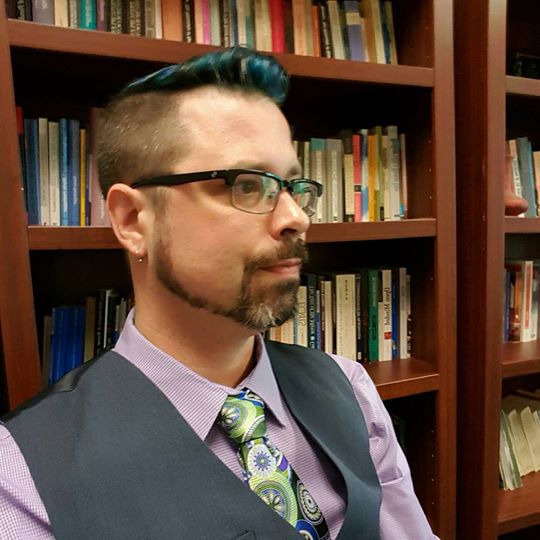 |
| Levi Bryant |
Secularization has left a void, argues philosopher, Levi Bryant, and what does one fill that void with? Bryant writes:
“I find myself thinking that politics is what came to fill the void opened by the collapse of theology. Where the humanities used to be organized around theology and knowledge of God and advancement of his glory, the humanities encountered a void in the movement towards secularization. Something was needed to function as a telos or justification of our work. Politics became that replacement.” (read the full article here)
The first question is what exactly do we mean by secular? Historically it has meant a realm of public discourse and activity devoid of religious presuppositions. George Jacob Holyoake writes:
“Secularism is not an argument against Christianity, it is one independent of it. It does not question the pretensions of Christianity; it advances others. Secularism does not say there is no light or guidance elsewhere, but maintains that there is light and guidance in secular truth, whose conditions and sanctions exist independently, and act forever. Secular knowledge is manifestly that kind of knowledge which is founded in this life, which relates to the conduct of this life, conduces to the welfare of this life, and is capable of being tested by the experience of this life.”
The question is not whether such alternatives are any good, but whether or not such a thing as the secular exists. To assume the secular is to assume the presence of a neutral space, one that operates outside the control or preview of God. It is a supposed unprejudiced mode of thought that is able to judge opinion from a reasonable perspective.
Perhaps my favorite New Testament author is John. John sees no grey in this regard. His references are to the light and the dark, the world (the dominion of evil) and Christ, Christ and anti-Christs. Even if one attempted to be neutral it would be impossible. There is, according to the Bible, no such thing as the secular.
The void is not an awareness of something missing but the certain knowledge that something is wrong. The void is willing denial of God and the conscience informing us that we live under his wrath, his displeasure.
For although they knew God, they did not glorify him as God or give him thanks, but they became futile in their thoughts and their senseless hearts were darkened. Although they claimed to be wise, they became fools and exchanged the glory of the immortal God for an image resembling mortal human beings or birds or four-footed animals or reptiles. Therefore God gave them over in the desires of their hearts to impurity, to dishonor their bodies among themselves. They exchanged the truth of God for a lie and worshiped and served the creation rather than the Creator, who is blessed forever! Amen (Rom 1:21-25).